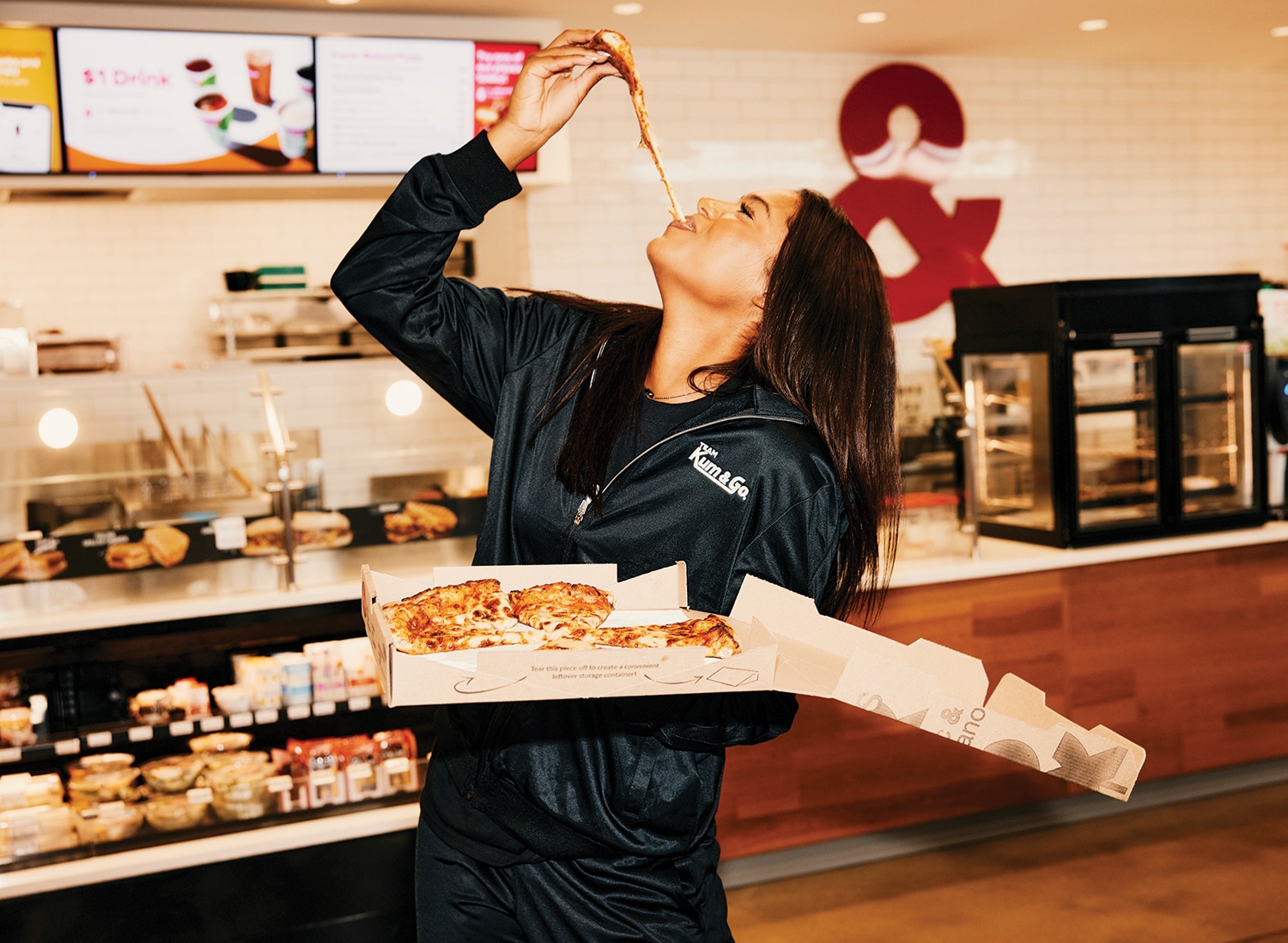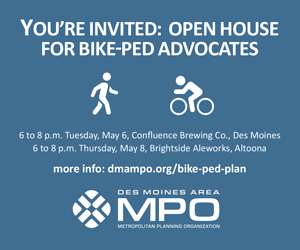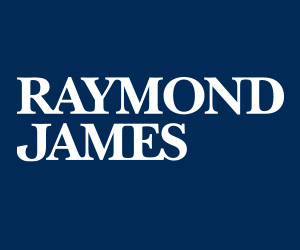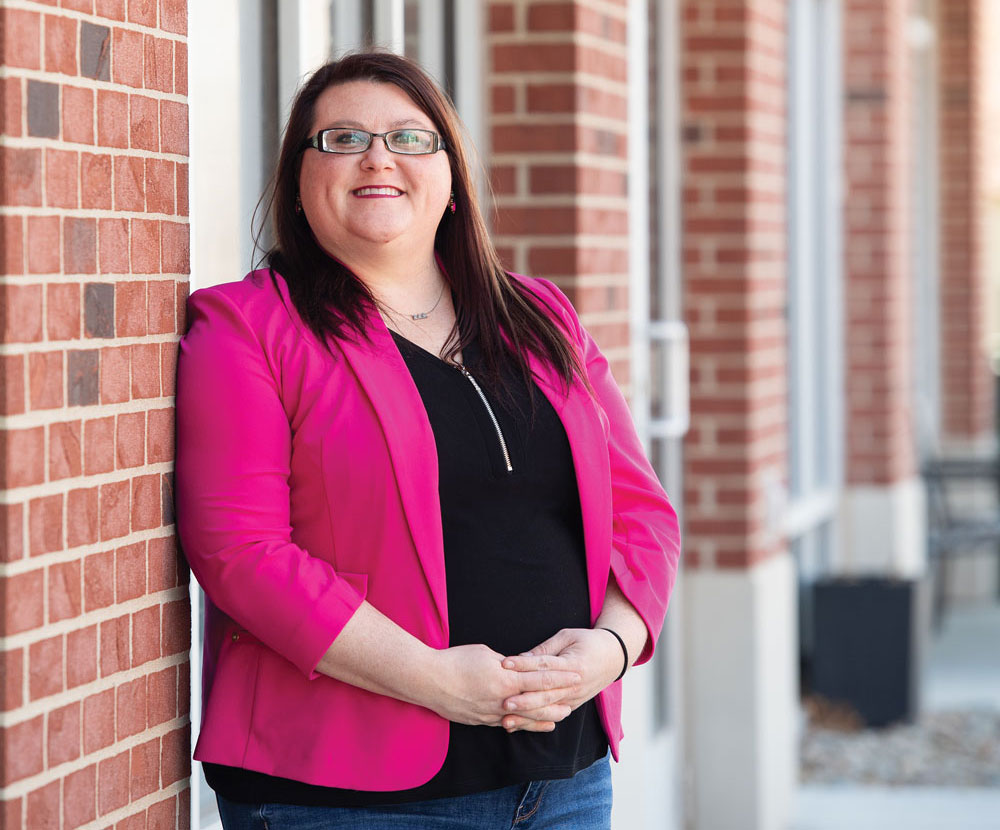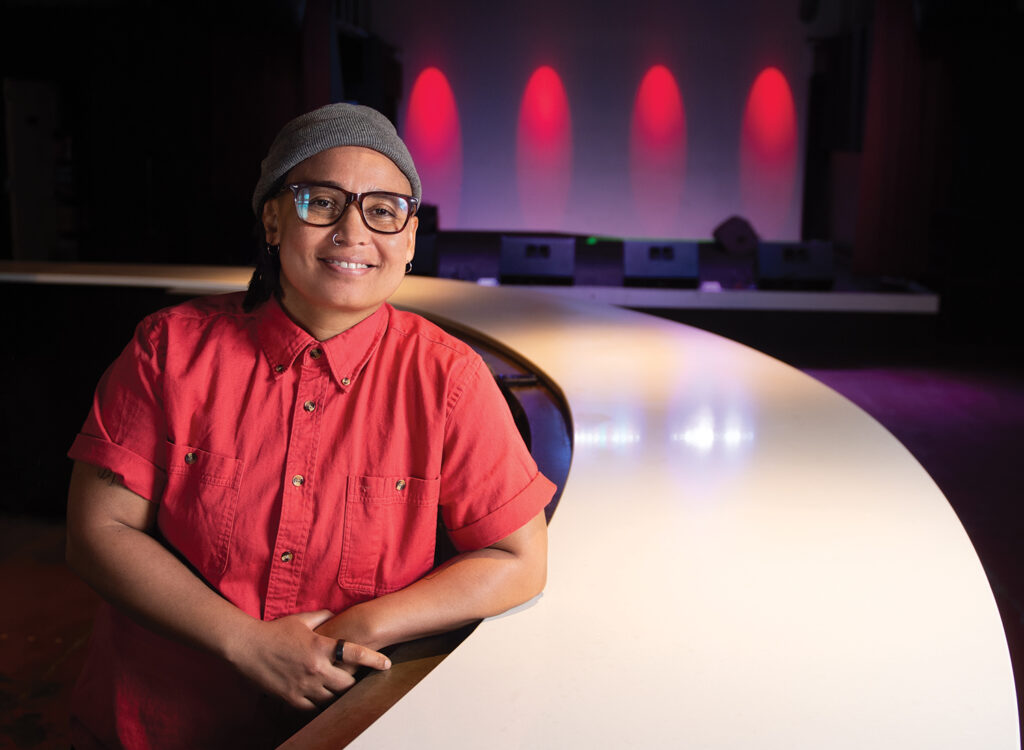NIL for business
Collegiate deals on name, image and likeness open opportunities for businesses and student-athletes alike

Business Record Staff Sep 1, 2023 | 6:00 am
5 min read time
1,137 wordsBusiness Record Insider, Economic DevelopmentMarketing reached a new frontier two years ago when the NCAA adopted its name, image and likeness policy.
The monumental decision opened the door for collegiate student-athletes to profit off their popularity by partnering with businesses that are also seeking new ways to reach their market.
While the world of NIL has quickly taken off since it was enacted, athletes and marketing teams are still learning how to make the most of these partnerships.
Kum & Go has established partnerships with men’s and women’s athletes from Iowa and Iowa State. It notably did a promotion with the Hawkeyes defensive backs during the 2022 football season, offering $1 off pizza for every interception the team hauled in.
Players like Kaevon Merriweather and Cooper DeJean, adopting the moniker the “Doughboyz,” gave customers more reasons to cheer for the Hawkeyes while keeping Kum & Go’s brand in mind.
Matt Riezman, director of brand marketing, said Kum & Go chooses student-athletes to partner with based on who it believes aligns with its values. How athletes conduct themselves on social media, to the press and in public come into consideration.
The results have been significant. Riezman said NIL partnerships have created a “deepened connection with our brand” both on social media and in the store.
For companies that are considering their first NIL deals, or looking for ways to make those deals more fruitful, Riezman advises working with athletes before their season begins and not focusing solely on a player’s stat line.
“We learned a lot in our first year. The primary thing we learned is that college athletes have a more than full-time job already,” he said. “Planning in advance is a big key to success.”
Raygun has established its niche as a super-local advocate for athletes across Iowa. From the Hawkeyes and Iowa State Cyclones to the Drake Bulldogs, the well of unique merchandise is almost bottomless.
“We, oddly enough, were on the very forefront of realizing what NIL was when [Kyle] Kempt came out and started and he was the ‘Best Kempt Secret,’” Mike Draper, founder of the T-shirt shop Raygun, said referring to the former Iowa State quarterback.
Draper said ISU quickly informed Raygun that it was not able to use Kempt’s name. Raygun pulled the shirt off shelves, but Draper saw an opportunity should NIL one day be allowed in college sports.
The Raygun brand has largely found its rhythm with NIL at this point, capitalizing on big performances and quickly rising stars by putting shirts on the market and helping athletes spread their reach.
Draper said finding the right athletes to partner with is often straightforward. His team simply stays in tune with what fans, and even opposing coaches, are talking about. During the 2022-23 women’s basketball season, it was Georgia coach Katie Abrahamson-Henderson’s comments about Iowa guard Gabbie Marshall that inspired a hit line of shirts.
After a game against Iowa, the Georgia coach asked who the “cute little one with the eyes” was. The one that defends and knocks down shots. Draper and company quickly brainstormed a few options for slogans playing off the comments and presented them to Marshall for approval.
“For the player, it’s kind of neat because there is already a social media conversation about them or about the event and now they have a way to make something out of it,” Draper said. “It helps develop these personalities that reflect through what the fans are wearing. Our role is a fast, fun cheerleader for the program.”
Draper and Riezman agree that establishing clear expectations is crucial to creating a successful partnership. Some companies may be looking for a one-time appearance, or perhaps a single commercial shoot. Others might be looking for an ongoing relationship.
The athletes, meanwhile, are faced with balancing the rigors of their sport with full class schedules. Even when the season is over, time is at a premium.
“The big change we see in the future is that athletes will come into deals understanding more of what to expect,” Riezman said. This should ultimately make it easier for both athletes and companies to find deals that work for their needs.”
When watching student-athletes perform amazing physical feats under intense pressure, it can be easy to forget that they are 18 to 22 years old in most cases. Marketing deals with a company like Raygun may not secure a student-athlete the monster endorsement contract that the pros sign, but learning how to fulfill obligations and keep partners happy is still a crucial part of these agreements.
That is where organizations like the We Will Collective come in. The nonprofit supports ISU athletes by helping them take advantage of business opportunities with an emphasis, and prerequisite, on giving back.
Executive Director Brent Blum said educating the athletes on how to make the most of these opportunities and avoid pitfalls is among the most important roles of the collective.
“The last thing we want is for them to run into tax problems,” Blum said. “We’re walking them through the steps, through contract language. Even if we don’t facilitate a deal with a company, we have lawyers who volunteer their time to make sure they are not taken advantage of.”
The collective also helps athletes learn just how to market themselves using their social media presence, giving them the skills to become effective brand ambassadors.
Blum has found Cyclones fans to be loyal and supportive of their players. Seeing the cardinal and gold standing behind a product or service also evokes a level of trust.
A study by Nielsen released in 2022 found that purchase intent and brand awareness are greatly increased when a potential customer receives a “call to action” from athletes.
“If they see an NIL with an athlete, they realize they are helping Iowa State be competitive on the field and helping these people with their lives as well,” Blum said. “It’s an emotional response in addition.”
After two years, there are still opponents of paying college athletes. Some fear that it removes amateurism from collegiate sports, while others worry that it has the ability to corrupt and disrupt the playing field.
Some of these debates have quieted by now, but Blum expects further regulations will come. For athletic programs, supporting athletes in their business pursuits is now a necessity to running a competitive program.
Collectives like the one in Ames or the Iowa Swarm currently cater largely to the football and basketball programs. That does not mean that marketing opportunities are limited to those athletes.
“These collectives that work with these bigger programs aren’t the only game in town,” Blum said. “Nothing is stopping an organization from partnering with a student-athlete on their own. Some of the best-paid athletes are in gymnastics, through their vast social media followings.”
Joe Fisher is a freelance contributing writer.

